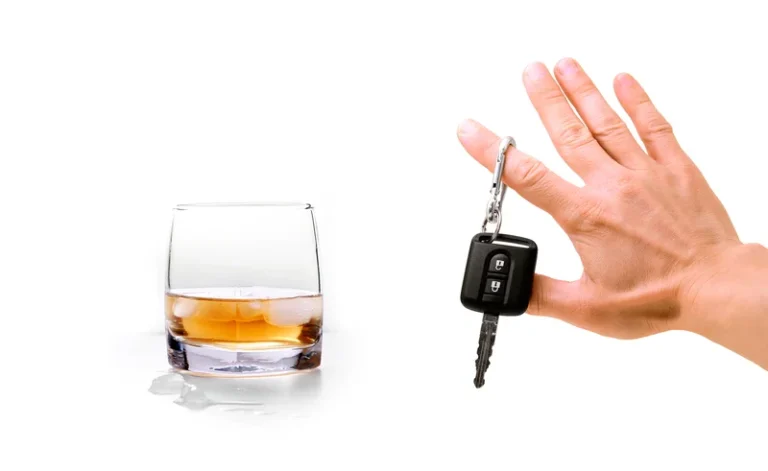
Understanding these types can help tailor your script to your specific needs, and these can vary from person to person for whom you have to make amends. When choosing to make amends, exercise careful consideration of yourself and others to ensure you avoid causing further harm in your recovery efforts. Before you decide who to approach and how you intend to make amends, reflect on your efforts at recovery and the intent behind making amends. End your letter with a sincere request for forgiveness. Explain that you have addressed your behaviors to the best of your ability, but that you know there are things you might have overlooked.
What is the role of a sponsor in the amends process?
These sessions are designed to provide individuals with personalized attention as they work towards lasting sobriety. Group meetings are usually organized by non-profit organizations such as Alcoholics Anonymous or Narcotics Anonymous and involve multiple people who come together to share their stories of overcoming addiction. Through this process of dialogue and mutual support, Alcoholics Anonymous is an example of a type of self-help group that can help individuals become healthier emotionally, mentally, spiritually, and physically.
Substance Abuse Treatment Programs
During these meetings, members also learn about the consequences of drinking alcohol, which can help them make healthier choices in the present. Discussions can involve problem-solving strategies, coping techniques, and alternative behaviors that are more beneficial to recovery than drinking alcohol. The concept of AA is based on peer support, where members offer one another moral support and advice as they strive to stay sober. Individuals in AA understand that alcoholism is an illness, not just a sign of weakness or lack of willpower and that recovery involves physical, mental, social, and spiritual healing. In order for members to recover from the harmful effects of alcoholism and maintain sobriety, they must rely on each other for assistance and guidance. The different types of amends are direct, indirect, and living.

Step Series

Unlike many addiction support groups, AA does not require its members to adhere to any particular set of beliefs, rituals, or religious aa is an example of practices. As such, it does not focus on a particular lifestyle or philosophy. Instead, it focuses on providing tools and resources to empower individuals to make the best choices for their well-being.
- AA is an international organization that provides sobriety support and fellowship to individuals recovering from alcohol use disorder, and these meetings are considered essential during these difficult times.
- Do they truly help attendees achieve and maintain sobriety?
- When making direct amends, it is usually best to do so after a sustained period of sobriety and while in a calm state of mind.
- AA members, often referred to simply as “members,” are individuals from various walks of life who have acknowledged their alcohol use disorder and are committed to quitting drinking.
- The key here is to do what feels right for you with the guidance of a friend or sponsor in recovery.

On the other hand, millions have acknowledged their belief that AA and its principles saved their life. By studying the program, how it works, and each of its principles, you can determine if this type of program is ideal for you. Many people find it so helpful that they continue to meet with the group in order to help others as they work to maintain their own recovery. With the publication of the organization’s principles and writings, word began to spread about its success.

- In some cases, simply opening up a conversation with a friend or family member about your history of alcohol use can begin the process of making amends.
- It encourages thoughtful and responsible actions in the process of making amends.
- The goal of the 12 steps is to provide a framework for personal growth and spiritual development, as well as to help individuals learn to live a life free from addiction.
AA is organized and financed through amphetamine addiction treatment a decentralized structure with local AA groups and a general service office. Step 11 is about moving forward without losing track of a higher power. The continued awareness this demands makes it easy to pair the step with its accompanying principle. Humility is one of the simplest principles to understand because it’s straightforward. When you’re humble, you’re cognizant of the fact that you’re not a major part of the bigger picture. Humility in daily practice means never seeing yourself as more important than you are.

The Value of the Principles of AA
And other twelve-step programs are effective for increasing abstinence. The authors also reported that these programs appear to be as effective as other alcohol treatment methods. At its core, Alcoholics Anonymous is more of a self-help group than a form of psychotherapy. It provides a strong system of peer support and encourages those affected by addiction to take responsibility for their own recovery.
How Long Until I’m Sober
Explain that the program requires you to do your best to fix your past mistakes in order to move forward with recovery. Keep your focus on AA rather than yourself to avoid the appearance of blaming your alcoholism or seeking sympathy. Since its founding in 1935, AA has helped thousands of people find recovery from alcohol addiction. In 2021, it’s estimated that there are nearly 2 million members across the globe. However, it’s important to note that addiction is a chronic and relapsing disorder and part of the journey to https://ecosoberhouse.com/ recovery can involve relapse for many people.
Step 3 involves putting yourself at the mercy of this higher power and moving forward for “Him” — or whatever your higher power may be — over the selfishness of addiction. We are not anti-alcohol and we have no wish to reform the world. We are not allied with any group, cause or religious denomination. John C. Umhau, MD, MPH, CPE is board-certified in addiction medicine and preventative medicine. He is the medical director at Alcohol Recovery Medicine. For over 20 years Dr. Umhau was a senior clinical investigator at the National Institute on Alcohol Abuse and Alcoholism of the National Institutes of Health (NIH).
